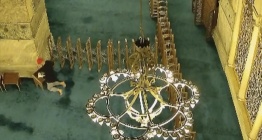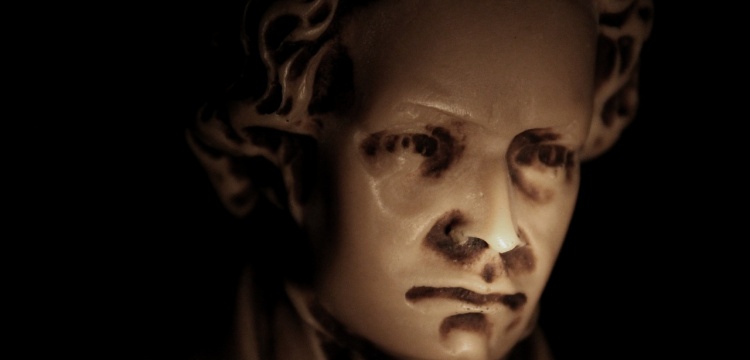Fragments of skull believed to be Beethoven’s returned to Vienna from US for scientific analysis who The fragments were passed down for generations in Kaufmann's family. The first owner of them was Kaufmann's great-great uncle, Austrian doctor Franz Romeo Seligmann.
According to experts, skull fragments, presumably from Ludwig van Beethoven, were returned to Vienna.
US businessman Paul Kaufmann, who inherited the presumed Beethoven skull fragments, donated them to the Medical University of Vienna. Experts at the university will examine the fragments to uncover the legendary composer's cause of death.
The fragments include two large pieces, one from the back of the head and one from the right side of the forehead. Coroner Christian Reiter noted that the fragments are believed to be the only surviving fragments of Beethoven's skull.
A Family Heirloom
The fragments were passed down for generations in Kaufmann's family. The first owner of them was Kaufmann's great-great uncle, Austrian doctor Franz Romeo Seligmann. Seligmann is presumed to obtain the fragments during an exhumation of Beethoven's body.
Kaufmann found the fragments in a family safety deposit box in a French bank. They were in a box with "Beethoven" scratched on it.
Mystery Behind Beethoven's Death
The evidence suggests that the fragments are authentic, and therefore examining them might uncover the mystery behind Beethoven's death.
In a 2005 research, a group of US scientists announced that the examination of both Beethoven's hair and the skull fragments indicated lead poisoning.
Also, researchers at the US Department of Energy's Argonne National Laboratory in Illinois found that the bone fragments had high concentrations of lead, matching earlier findings.
Although the source of the lead is unclear, it might have come from a wine goblet made with the material or medical treatments, which sometimes involved the use of heavy metals like mercury or lead. It is known that Beethoven suffered abdominal pains in his 20s and saw physicians for a cure.
Researchers who sequenced Beethoven's genome using his hair samples suggested liver failure, or cirrhosis, was likely behind his death.








 Duayen tarihçi Prof. Dr. Mete Tunçay vefat etti
Duayen tarihçi Prof. Dr. Mete Tunçay vefat etti  Sana’nın Tarihi Dokusu Çöküşün Eşiğinde
Sana’nın Tarihi Dokusu Çöküşün Eşiğinde  Türkmen Karahöyük’te 3700 Yıllık Oyuncaklar ve Mısır’dan Getirilmiş Maymun Kalıntıları Keşfedildi
Türkmen Karahöyük’te 3700 Yıllık Oyuncaklar ve Mısır’dan Getirilmiş Maymun Kalıntıları Keşfedildi  Sillyon’da Ünik Roma Mezarı ve Türk-İslam Kabristanı Ortaya Çıkarıldı
Sillyon’da Ünik Roma Mezarı ve Türk-İslam Kabristanı Ortaya Çıkarıldı 




